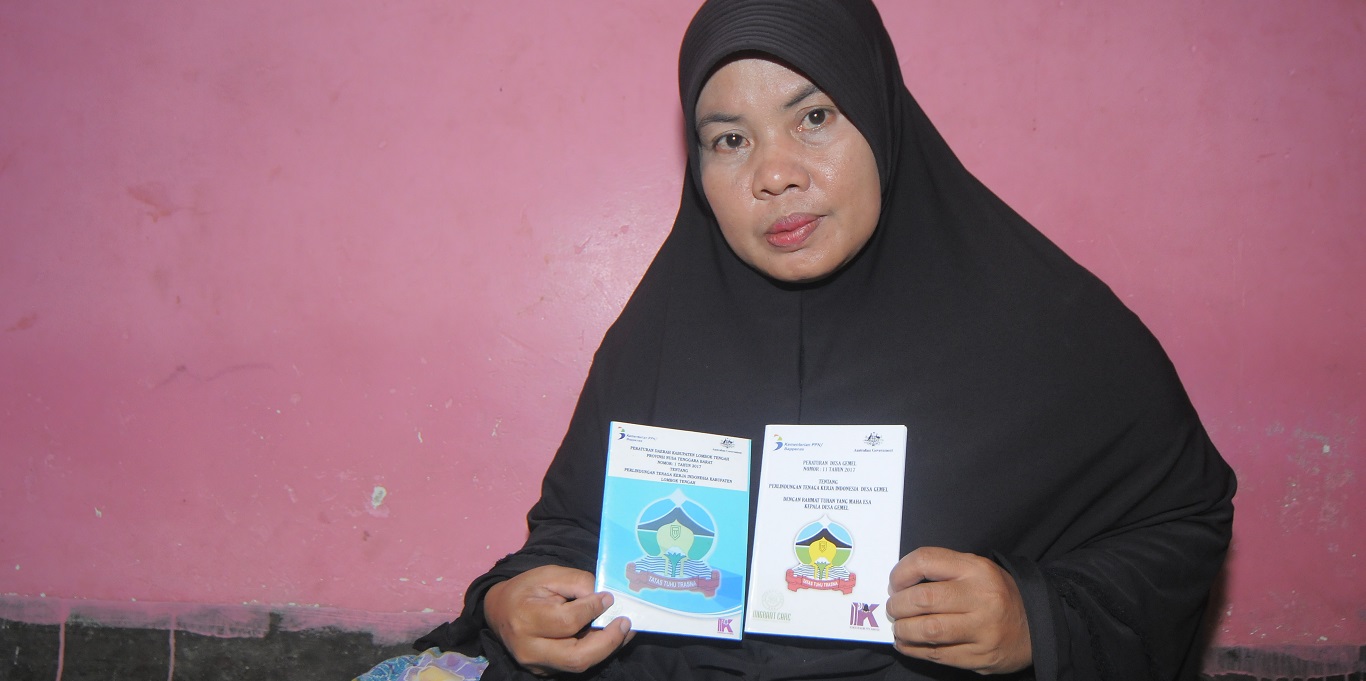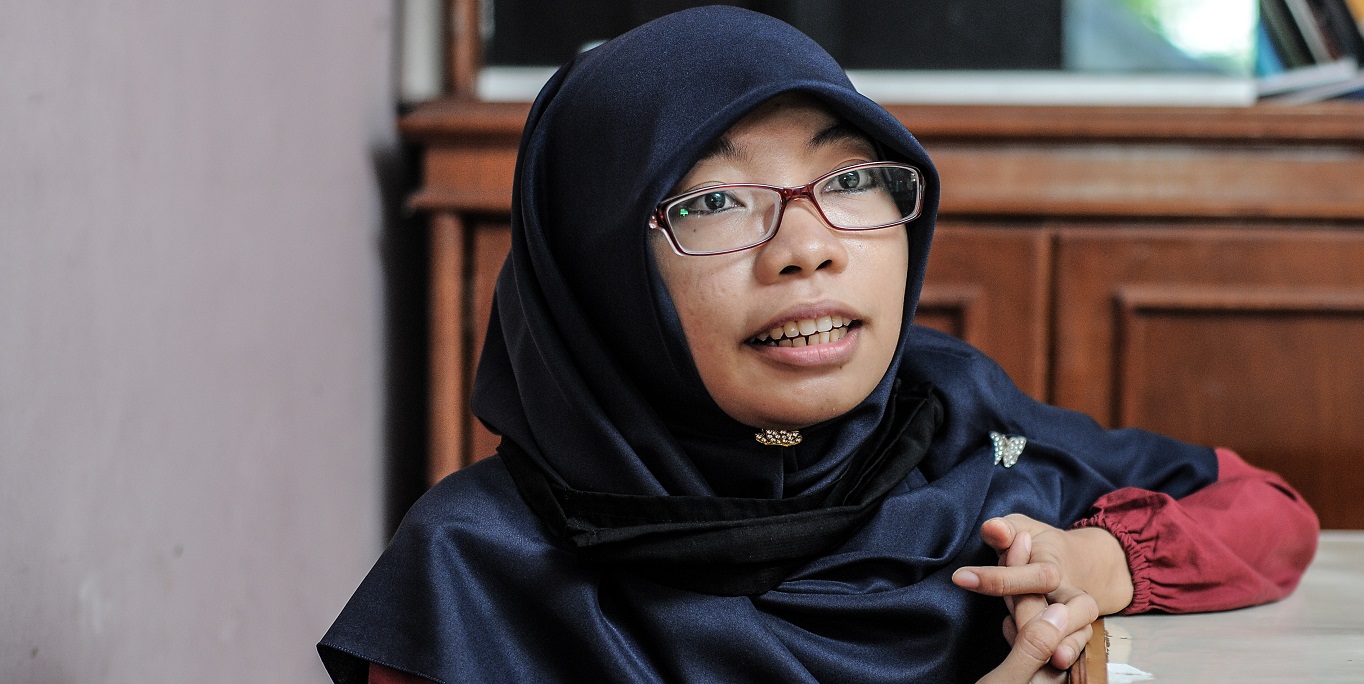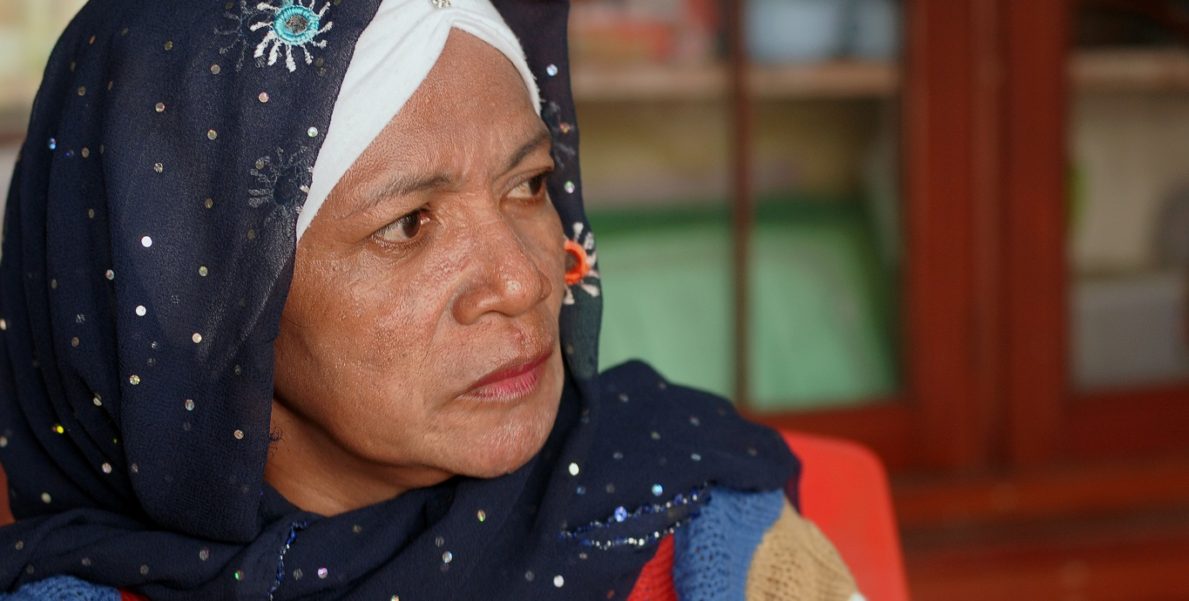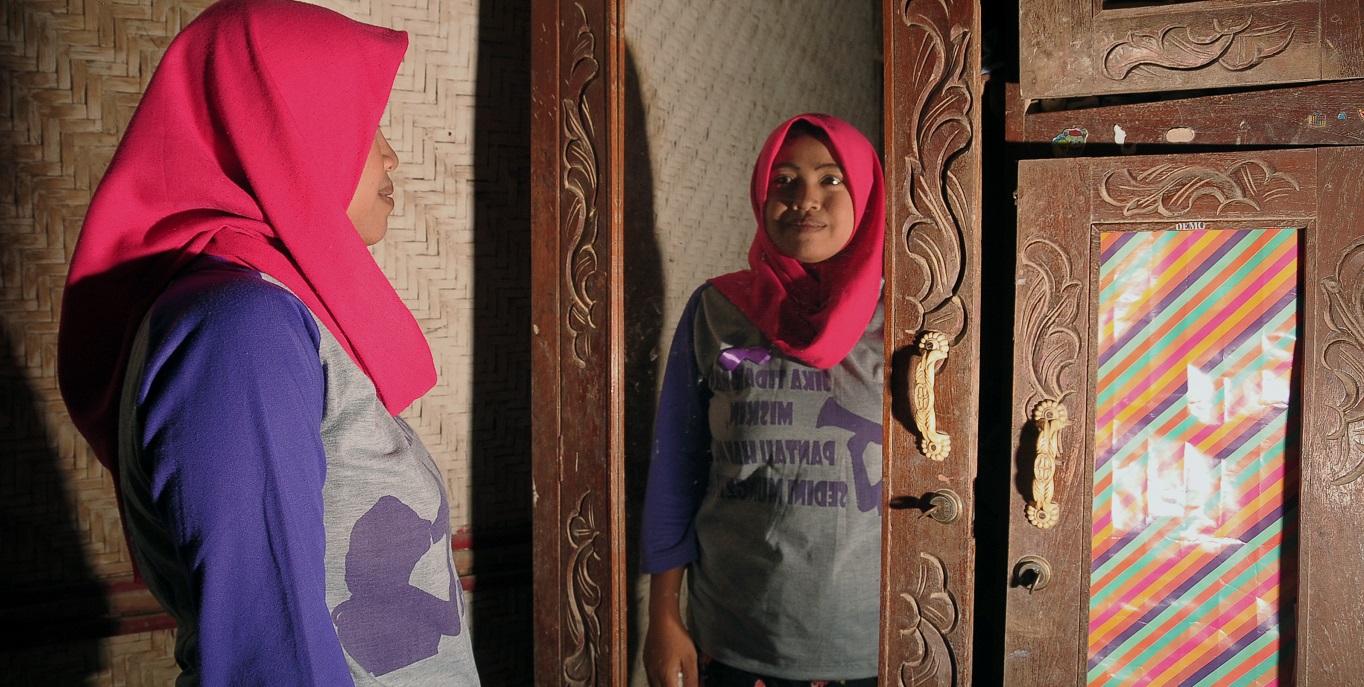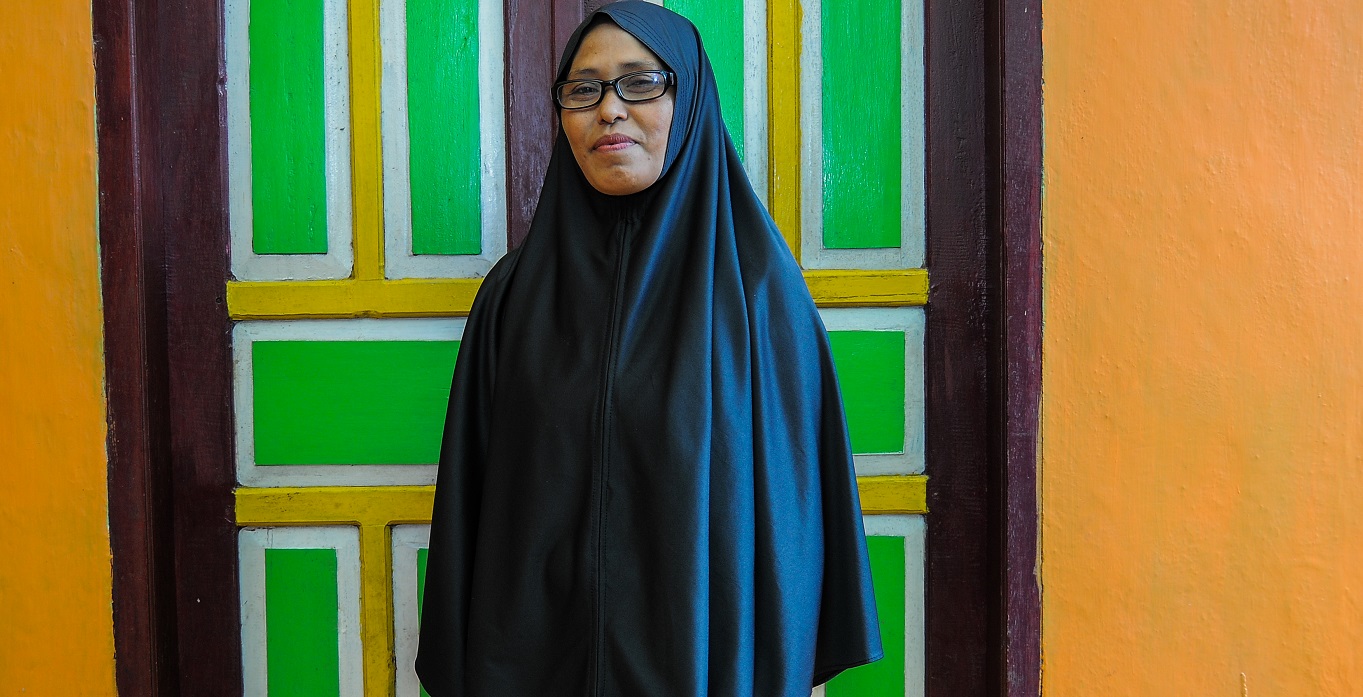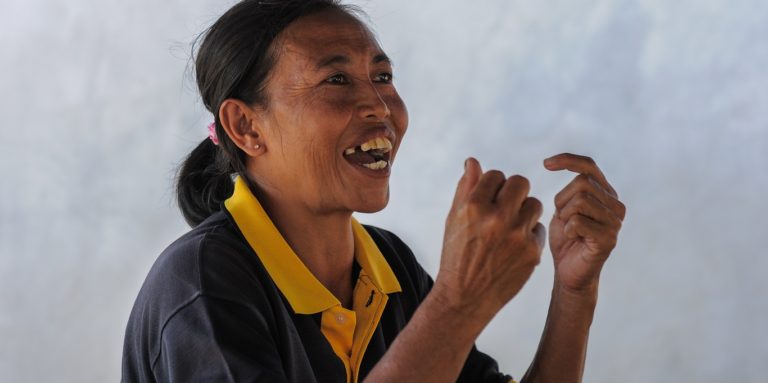Stories
Traditional Leaders in Central Lampung: Balancing Tradition with Sexual and Reproductive Health Rights
9 May 2018Penulis: admin
Ibrahim (53) is a Traditional Leader of Kebuayan, Bandar 4, Bandar Subing, Bandar Surabaya, Buyut, Mataram Ilir, Terbanggi, in Central Lampung. Farming is the daily activity of this man who has the traditional title of Sultan Bintang Margo.
According to Ibrahim, traditional law in Lampung is more powerful than the religious law because the traditional law forms the cultural roots and it has a stronger role in determining policies or legal proceedings. However, depending on the circumstances, traditional law can be adjusted so that regulations are balanced.
As for women’s sexual and reproductive health rights, Ibrahim considers it very important that every woman understand them. This is because reproductive health will affect the quality of family life. ”
We greatly welcome the presence of the MAMPU Program through DAMAR in our village. Up to now, we have desperately needed information about health and positive activities for women. Since now there is the absence of village government —for one reason or another—even activities at the Posyandu (health post) have ceased to exist,”said Ibrahim.
“Traditional law has to this day also sought to support sexual and reproductive health rights. Every husband must remind his wife and daughter(s) to maintain their reproductive health. This starts in their homes and with their own families. In addition, the husband and wife must also be able to share roles. Not all household chores should always be done by the wife. When circumstances require that the husband help with the housework, it does not hurt to help,” Ibrahim added.
As a traditional leader, Ibrahim often suggests to his wife that she invites neighbours and the women who live around them to their place to start activities that can be beneficial. With the MAMPU program, the activities that have been stopped have now begun to run again. Representatives of young people who serve as traditional administrators, receive some training on sexual and reproductive health rights and prevention of early marriage, so that they have a better understanding and can provide information to other young people.
“Usually, we hold regular meetings and deliberations at Balai Adat with representatives of the young traditional administrator to discuss young people’s problems in the village to make assesments and find solutions,” said Ibrahim.
“Up to now, in order to prevent sexual promiscuity, traditionalal law imposes penalties against men if it occurs. So there is a deterrent effect and others do not make the same mistakes,” Ibrahim added.
According to Ibrahim, traditional rules can usually be adjusted according to the circumstances. In the region of Seputih Surabaya, the customs are open enough to accept positive influences from the outside. For example, they accepted that women should develop themselves in every aspect and that sexual and reproductive health rights education with speakers who are experts in their field is important. Ibrahim, as a traditional leader, believes that if every family can counsel the wife or daughters, they will still be obedient and will not deviate from their better nature although they are advanced in how they are involved in a lot of different activities.
Ibrahim also said that there is a tradition in his village in which people who are getting married should have their health checked, both the would-be-groom and his bride. This will help minimizing reproductive health problems.
Traditional and religious officials work cooperatively in supporting sexual and reproductive health rights education, as explained by Wahyudi (42), an Islamic religious figure from Bandar Surabaya in Central Lampung. Religion also encourages the non-occurrence of unwanted pregnancies, by preventing early marriage and free sex. Wahyudi teaches at TPA Al-Huda (which provides education about the Koran) and at Koran learning meetings. Usually, while teaching these meetings, he would touches upon the subject of sexual and reproductive health issues.
The presence of the MAMPU Program through DAMAR, which is PERMAMPU’s sub-partner, is very helpful in providing an understanding of sexual and reproductive health rights.
“According to religion, it is very important to seek knowledge and it is recommended because useful knowledge will offer solutions in life, so the education MAMPU gives is appropriate for implementation in the community,” Wahyudi said.
Wahyudi also often teaches in inter-faith forums, not just to Muslims, so that its benefits reach more people. The cooperation between traditional and religious leaders in preventing sexual violence, early marriage and other issues relating to sexual and reproductive health rights is fairly solid in Central Lampung.





